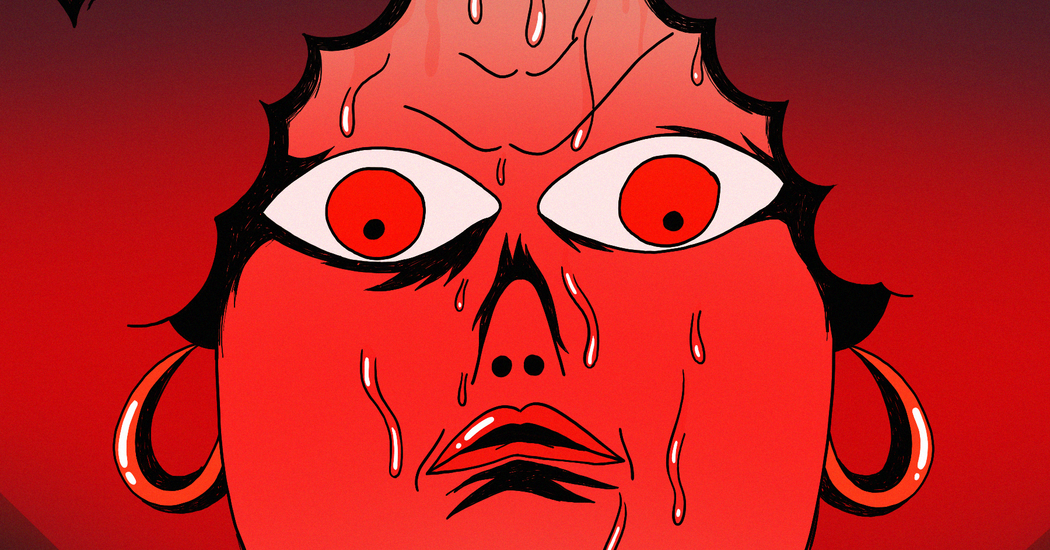I’ve reached for “Carrie” many times since, and my relationship with the story has continued to shift and evolve. Like most teenagers, I suppose, I initially reacted to Carrie’s story with pure horror; I was mortified by the way she was teased, repulsed by the pig’s blood that gets dumped over her at prom and fascinated by the death and destruction she wrought in retaliation. In my 20s, when I revisited the novel, the horror I felt at her tale turned to something closer to sympathy. By that point, I’d moved from Colombo to California to Britain and then back to my hometown in Sri Lanka and had chalked up enough life lessons to understand Carrie’s suffering in a different way.
Now, as a woman in my 30s, I no longer see Carrie as simply a victim to be pitied. I’ve learned to relish her rage. Her anger has inspired much of my own fiction writing and, more important, has taught me that anger, when channeled, can be an asset. This truly hit home for me in July 2022, when I joined thousands of protesters in Colombo marching against corruption and the economic mismanagement of the country’s leaders. Years of feeling powerless finally erupted. We were all angry, of course, but we used our rage as fuel.
In the past year, women in the United States have had many reasons to figuratively burn down auditoriums and destroy towns. The war on women is still very much alive, as Roe v. Wade was overturned, in vitro fertilization procedures were endangered in Alabama and pregnant women are still not allowed to divorce their husbands in Missouri.
These days I see Carries everywhere. At the end of 2023, Gypsy Rose Blanchard — who had been convicted of second-degree murder in connection with the death of her mother, Dee Dee Blanchard, after years of being subjected to abuse and Munchausen syndrome by proxy — was released from prison. There are many interesting parallels between Gypsy Rose Blanchard and Carrie, the most glaring being the obvious torment of each by her mother.
What struck me as most interesting (read: most depressing) was the public response Ms. Blanchard received after her release. While some hailed her as a folk hero, many labeled her a killer, much like Carrie, for fighting back against her tormentor — not just in a court of law but also in the court of social media. TikTok was rife with hot takes, arguing there was something sinister about Ms. Blanchard or claiming that her husband was actually her brother. Rather than being viewed as a young woman trying to navigate her way through an absolutely horrendous situation, she was criticized for participating in a television series. Many people seemed content when she was the victim, but it infuriated them when she tried to take a stand for herself. What was true of Mr. King’s account of Ms. Franklin proved true for Ms. Blanchard, too: “She was punished for even trying to break free.”


